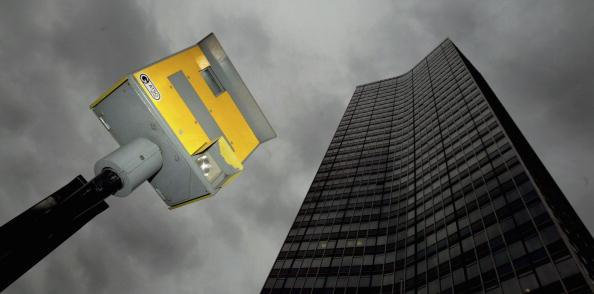One third of Britain’s drivers are hit by a penalty notice each year, the equivalent of one every 2 1/2 seconds, according to new research.
This means about 12 million of Britain’s 40 million drivers receive a penalty charge each year.


One third of Britain’s drivers are hit by a penalty notice each year, the equivalent of one every 2 1/2 seconds, according to new research.
This means about 12 million of Britain’s 40 million drivers receive a penalty charge each year.